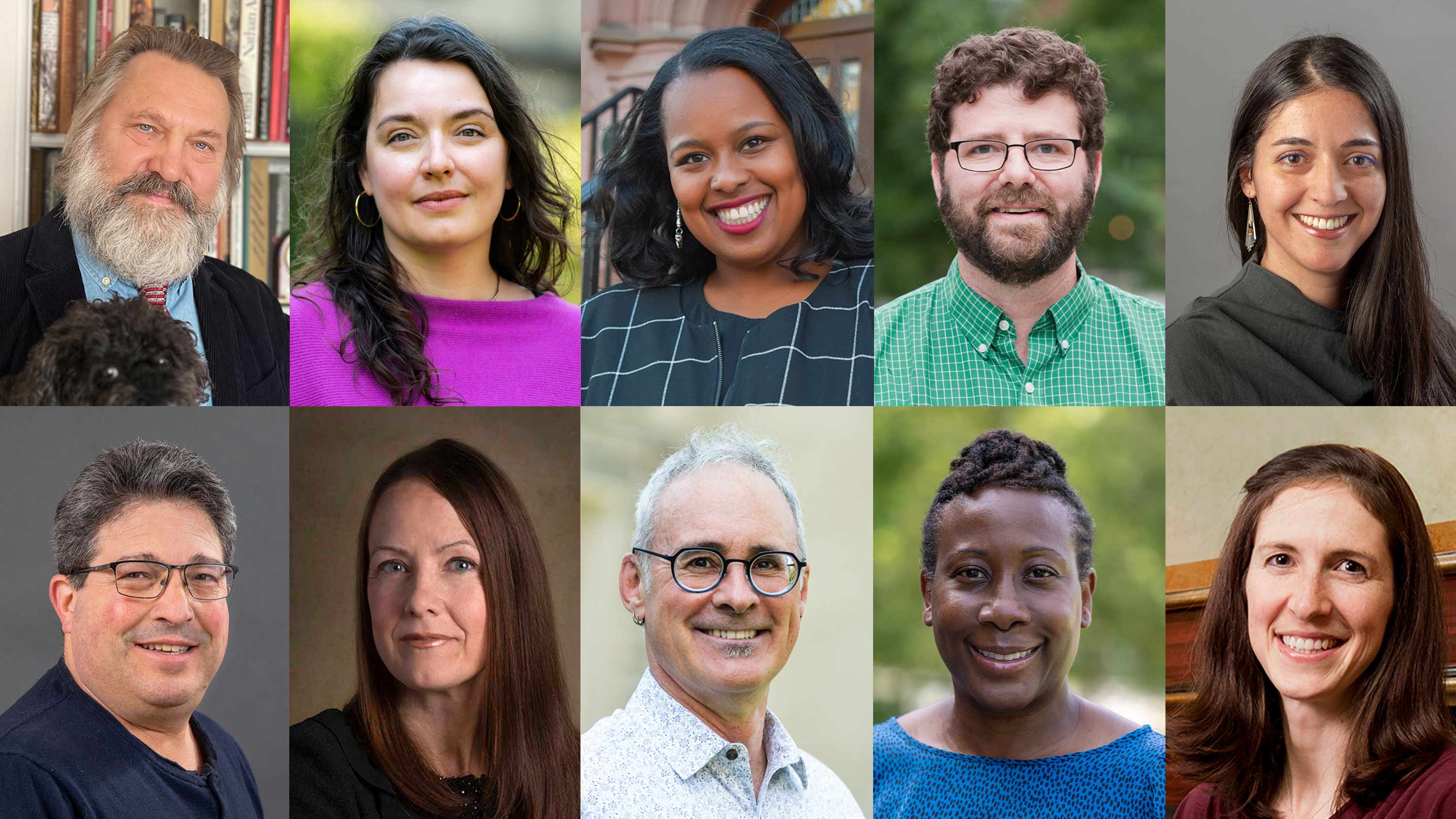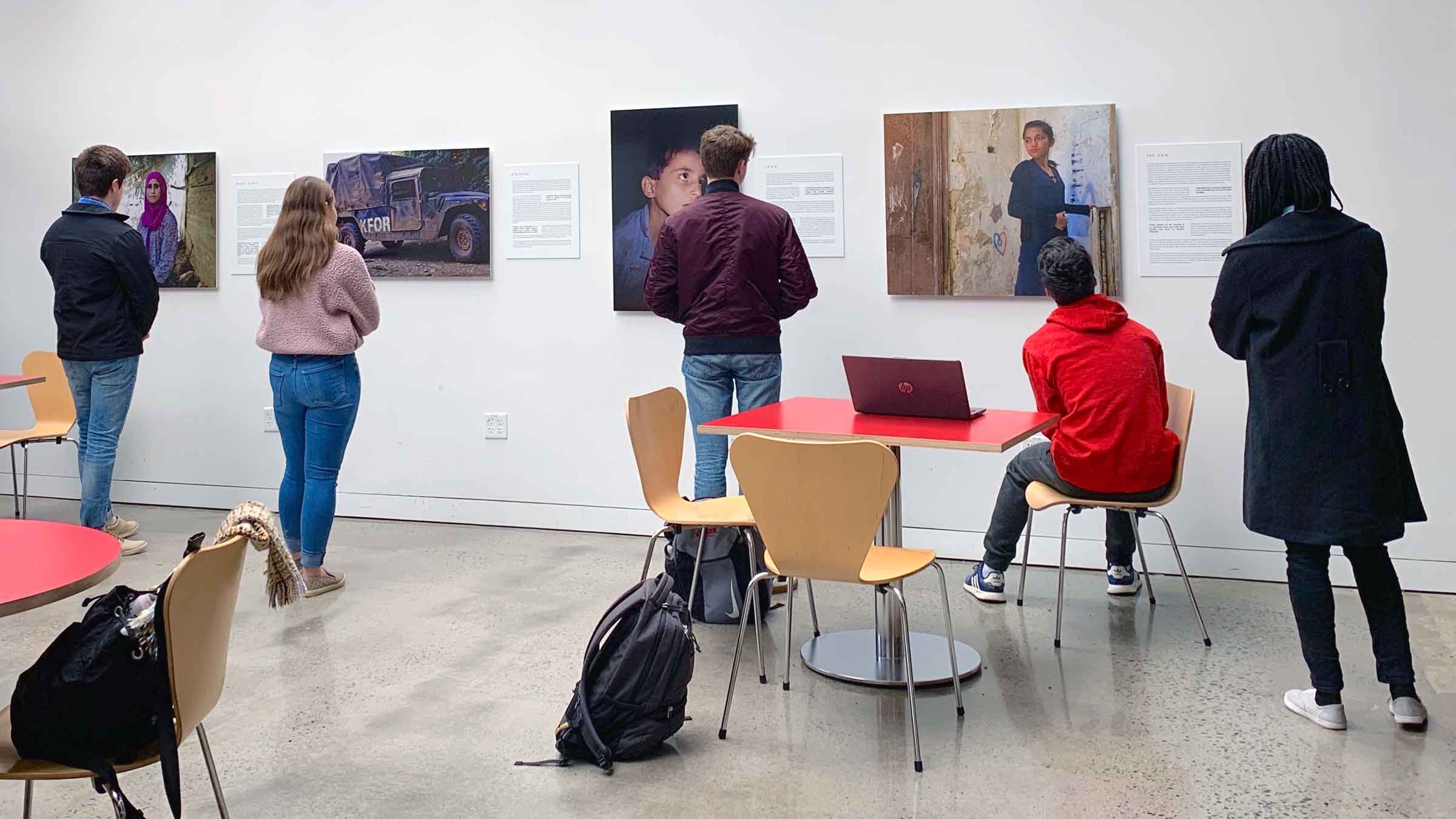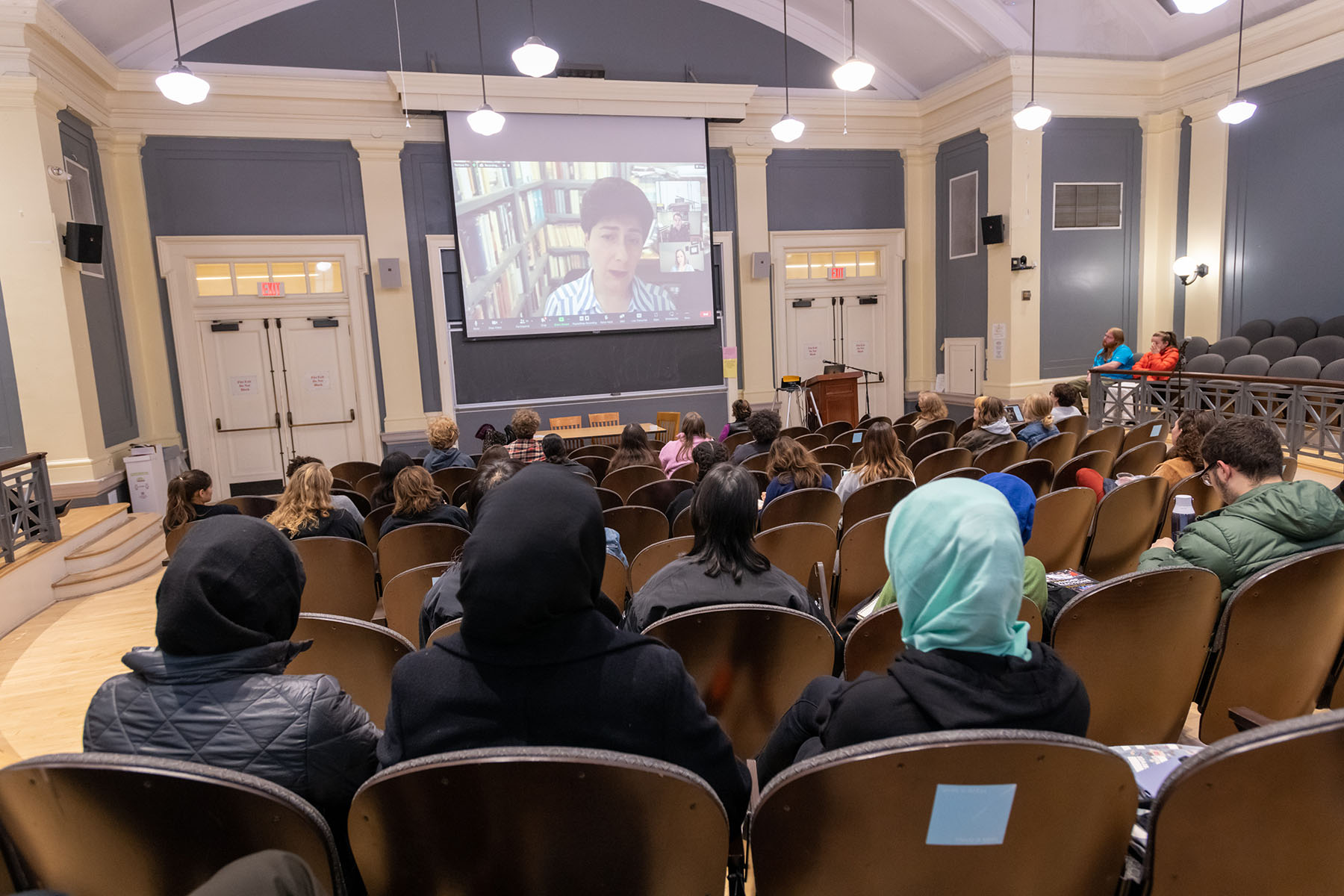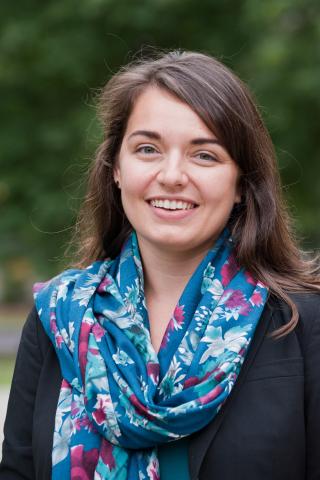Kirsten M. Wesselhoeft
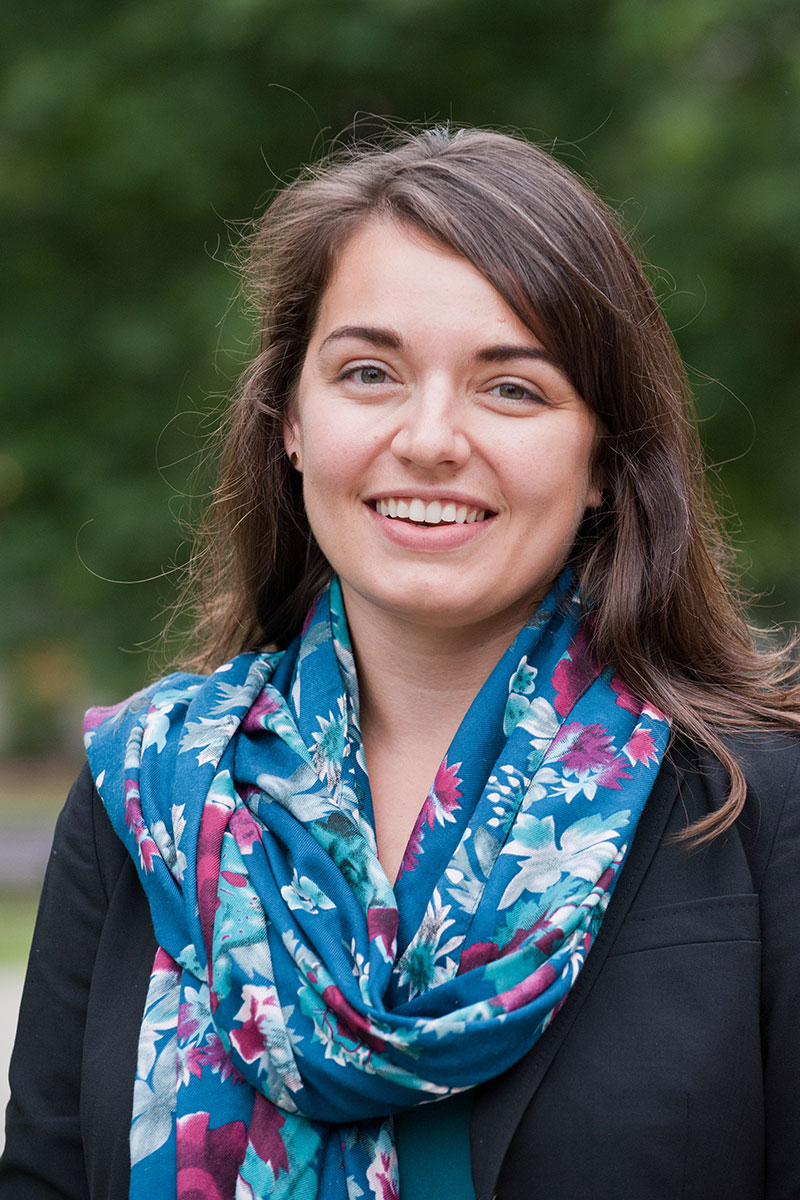
Kirsten Wesselhoeft is a scholar of modern and contemporary Islam in contexts shaped by colonialism and liberal secularism. Her research interests include social ethics, gender and religion, critical migration studies, religion and racialization, Islam and the body, food and ritual, and qualitative methods.
Wesselhoeft’s first book, Fraternal Critique: The Politics of Muslim Community in France (University of Chicago Press, January 2025), is a study of Muslim intellectual and activist culture in 21st century greater Paris. Based in ethnographic fieldwork conducted between 2008 and 2019, Fraternal Critique demonstrates how young Muslim activists use disagreement and dissent to cultivate solidarity and community, and explores why these values are in turn stigmatized by political elites as “communalist” and “separatist.”
From 2022-2024, she was the Faculty Director and PI of the Consortium on Forced Migration, Displacement, and Education, a five-college grant from the Mellon Foundation that addressed the global challenge of forced migration through the unique capacities of liberal arts institutions.
Kirsten Wesselhoeft is Associate Professor of Religion at Vassar. She serves on the steering committees of Africana Studies, International Studies, and Women, Feminist, & Queer Studies. She also directs Vassar's correlate program in Migration and Displacement Studies.
Drawing on long-term ethnography as well as legal, political, and media analysis, Wesselhoeft's research seeks to understand how modern and contemporary Muslims build community and pursue social change in contexts shaped by colonialism and liberal secularism. Her research interests include social ethics, gender and religion, critical migration studies, religion and racialization, Islam and the body, food and ritual, and qualitative methods.
Wesselhoeft’s first book, Fraternal Critique: The Politics of Muslim Community in France (University of Chicago Press, January 2025), is a study of Muslim intellectual and activist culture in 21st century greater Paris. It takes up both the agonistic ethics of community developed by socially engaged French Muslims, and the ethics of society expressed through recent French laws and policies, all in the context of widespread Islamophobia and an ascendant anti-immigrant right. Based in years of ethnographic fieldwork conducted between 2008 and 2019, Fraternal Critique demonstrates how young Muslim activists use disagreement and dissent to cultivate community, a value that is in turn stigmatized by political elites as "communalist" and "separatist." In the course of their arguments about the aspirations, values, and histories that should anchor Muslim collectivity, French Muslims have developed an ethical framework and method that some of them call “fraternal critique.” This double entendre re-appropriates both the classical Islamic discourse of the “ethics of disagreement” and the canonical Republican virtue of fraternité . Rather than fragmenting moral communities, as dissent and disagreement are often presumed to do, "fraternal critique" orients argument and debate as practices of solidarity and belonging. This intervention has important consequences, not only for the study of Islam and society, but also for wider conversations about the place of critique and discord in the civic life of liberal democracies.
Her new research project is an ethnographic study of Ramadan and community in secular time.
At Vassar, Wesselhoeft teaches courses on global Islam, race, and colonialism, on gender, religion, and the body, on qualitative research methods, and on migration and displacement. She also teaches an introductory survey course in Religion entitled “Jews, Christians, & Muslims,” and team-teaches the Introduction to Women, Feminist, & Queer Studies. From 2022-2024, she was the Faculty Director and PI of the Consortium on Forced Migration, Displacement, and Education (CFMDE), a cross-institutional grant from the Mellon Foundation, hosted at Vassar. The CFMDE addressed the global challenge of forced migration by leveraging the unique potential of liberal arts institutions to support displaced scholars, engage in transdisciplinary study of migration, and welcome newcomers to our region.
Departments and Programs
Courses
RELI/JWST 150: Jews, Christians, and Muslims
RELI/AFRS 211: Islam in Europe & the Americas
WFQS/RELI 245: Feminism, Religion, and Spirituality
In the Media
Photos
Download images for non-commercial use, photo credit required.
